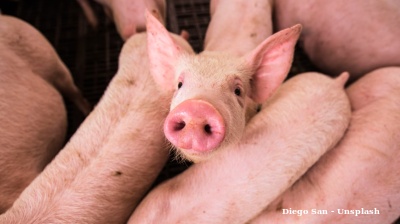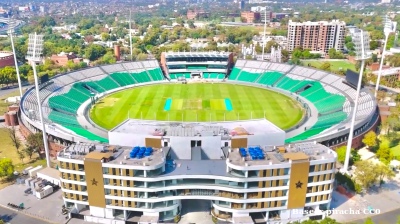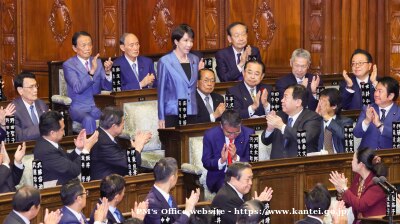Bangladesh Supreme Court reduces controversial job quota as violent protests lead to over 130 deaths
_Cropped.jpg)
After nearly a week of violent student protests against government job-quotas for former freedom fighters and their descendents across Bangladesh, more than 130 people have been killed. The Bangladeshi government has cracked down harshly on the protests with police and other security forces including the country’s military being deployed to quell unruly mobs in urban areas of Bangladesh.
The action by the security forces included enforcing a curfew, suspending internet and other communication services and deployment of special forces against protestors blocking government buildings, including the state owned TV station Bangladesh TV.
According to a July 20 Bangladesh Police statement, 150 policemen were wounded while quelling the protests and were hospitalised. The military was also deployed in numbers to assist in combatting the protests as widespread violence devolved into anarchy, looting and riots across the country.
Likely in an attempt to assuage the public outcry, the appellate division of the Supreme Court of Bangladesh has now nullified a judgement by the High Court which restored a controversial measure for affirmative action in the country’s public sector. The measure to reserve over 30% of government jobs for relatives of freedom fighters who fought in Bangladesh’s 1971 liberation war that separated it from Pakistan has now been lowered to only 5%.
Under the Supreme Court’s July 21 judgement, a further 2% of the jobs will also be reserved for ethnic and religious minorities but the remaining 93% will be recruited based simply on merit.
The protestors in their slogans during the protests have singled out the Prime Minister of Bangladesh, Sheikh Hasina, and are characterising her as an autocrat. The protestors have also endorsed Islamist extremist ideas in their slogans and rhetoric.
Hasina is the daughter of Bangladesh’s first Prime Minister and liberation war leader Mujibur Rehman and has inherited her father’s anti-Islamist and extremist political legacy. While Bangladesh’s neighbours and security partners India and China have not intervened militarily they both have stakes in the preservation of the Sheikh Hasina government as she has opened avenues of cooperation with both countries.
In doing so, she has been successful in balancing relations with both despite the rivalry between India and China, which has in turn led to investment by both New Delhi and Beijing in Dhaka’s economy and infrastructure.
Earlier in May 2024, Hasina had alleged that a foreign country was conspiring to carve out a new Christian state from parts of Bangladesh, Myanmar and other nearby countries. She also alleged that she was offered a path to reelection without opposition in future elections if she cooperated with the plot.
News

Taiwan confirms first African swine fever outbreak
Authorities detected the virus on a pig farm in Wuqi District, Taichung, after 117 pigs died between October 10 and 20.

Afghanistan withdraws from Pakistan tri-nation T20 to protest murder of three local cricketers
The Afghanistan Cricket Board says it has secured clear video footage implicating the Pakistan state in an attack that killed three local cricketers.

Sanae Takaichi makes history as Japan’s first female prime minister
In her first press briefing as leader, the 64-year-old pledged to drive reform with confidence and determination, describing her administration as one “ready to decide and move forward.”

White House halts plans for Trump-Putin summit in Budapest
Anonymous White House official tells AFP there are “no plans” for Trump to meet Putin “in the immediate future”, effectively shelving a Budapest gathering that Trump had described as imminent only days earlier.



